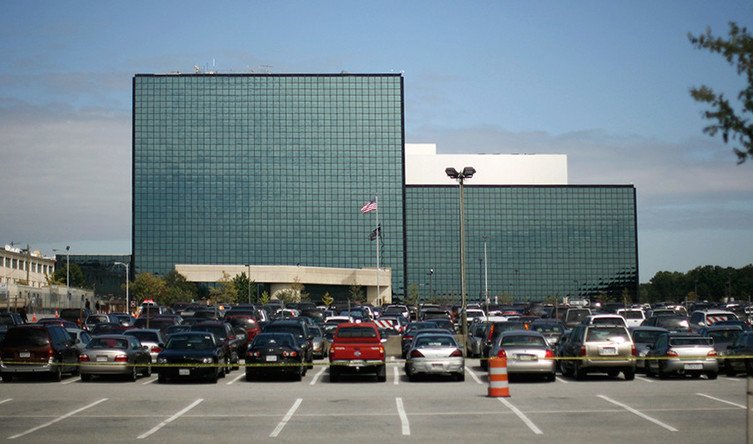NSA pledges to eventually delete old bulk surveillance records

The National Security Agency will eventually delete the trove of millions of telephone records it controversially amassed under the Patriot Act, the Office of the Director of National Intelligence announced Monday.
Destruction of the bulk surveillance records, which the NSA retained for a five-year period, won’t be immediate, but the ODNI said it has determined that the NSA will not be allowed to maintain access to them. Their deletion would mark a victory for privacy advocates, though it’s unclear exactly when that will begin.
Under the recently passed USA Freedom Act, the NSA will be banned from gathering and storing the records of Americans’ telephone calls in bulk. Instead, those metadata records – such as the time a call was made, to whom it was made, and the duration of the call – will held by the telephone companies, and the NSA will be required to submit specific search terms in order to request relevant data, after obtaining a warrant from the secretive Foreign Intelligence Surveillance Court.
NSA analysts will lose access to phone record database on November 29th http://t.co/QfdLx05QQA
— Jose Valle (@pepemvalle) July 27, 2015Even though the Freedom Act will end the bulk surveillance practice, it nonetheless permitted the NSA to continue gathering Americans’ phone records for an additional six months after its enactment while the program is being phased out. That six-month period will end on November 29, and intelligence analysts will be barred from accessing the archive from that date, the ODNI stated.
However, the records already compiled won’t be going anywhere right away. “Technical personnel” will be allowed to access the records “solely for data integrity purposes to verify the records produced” for an additional three months after access to analysts has been banned.
Even after these three months are over, the data is unlikely to be destroyed immediately. The ODNI said the NSA is under legal obligation to keep the archive intact while the agency is being sued over the bulk surveillance program by groups such as the Electronic Frontier Foundation and the American Civil Liberties Union (ACLU).
Once those lawsuits are dealt with, or once the courts rule the NSA does not have to keep the archive any longer, the data will be deleted “as soon as possible.”
#NSA to Destroy Phone Records it Illegally Collected http://t.co/SwNF4HMJd3 via @WIRED
— Khaled Osman (@kled) July 27, 2015The bulk telephone data collection program has been under heavy scrutiny ever since it was revealed by former NSA contractor Edward Snowden, who leaked details about the program to journalists in 2013. Earlier this year, it was ruled illegal by a federal appeals court on the grounds that it was not actually authorized by the Patriot Act, but the Foreign Intelligence Surveillance Court allowed the NSA to revive it for six months once the Freedom Act was passed.
The ACLU has since filed a lawsuit seeking to stop this temporary reauthorization.












